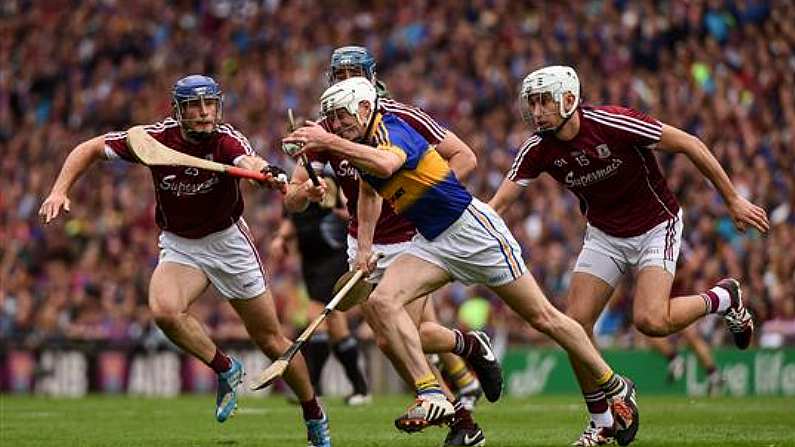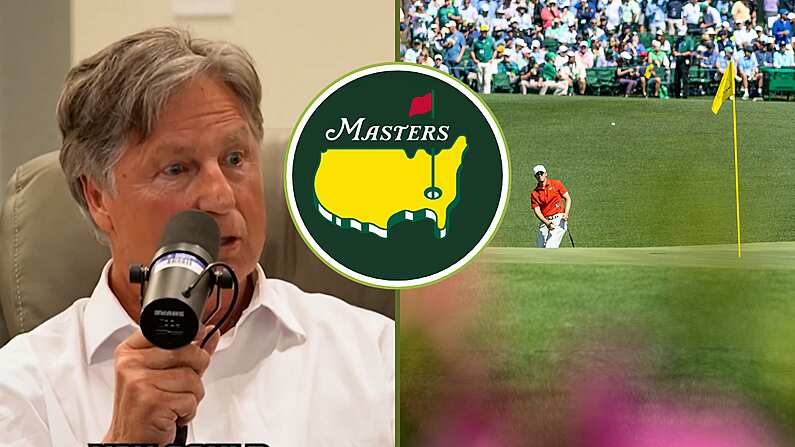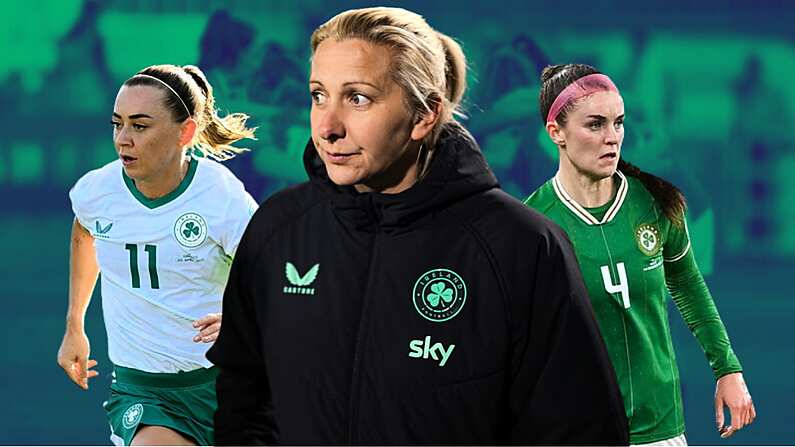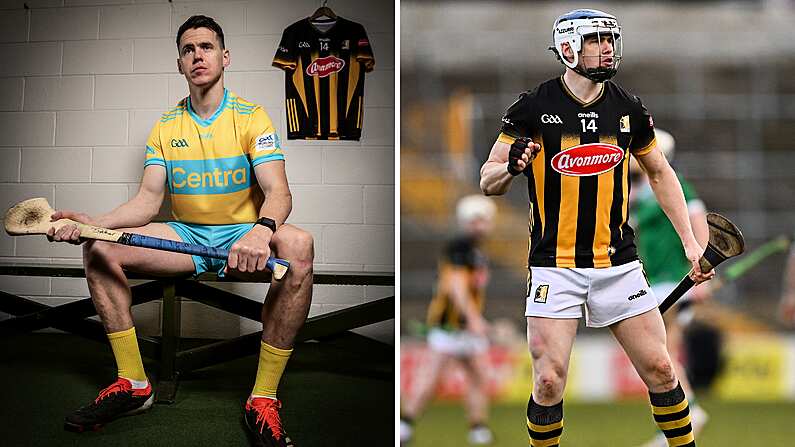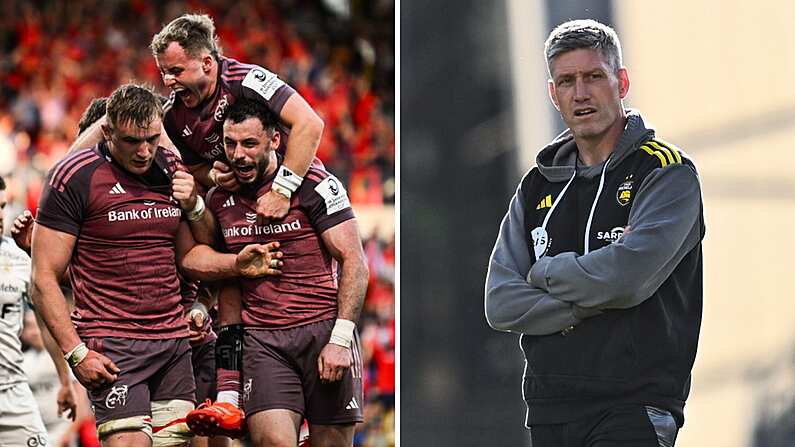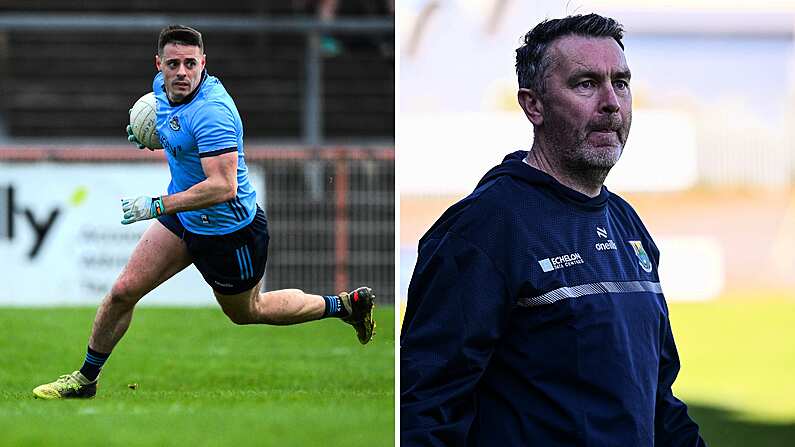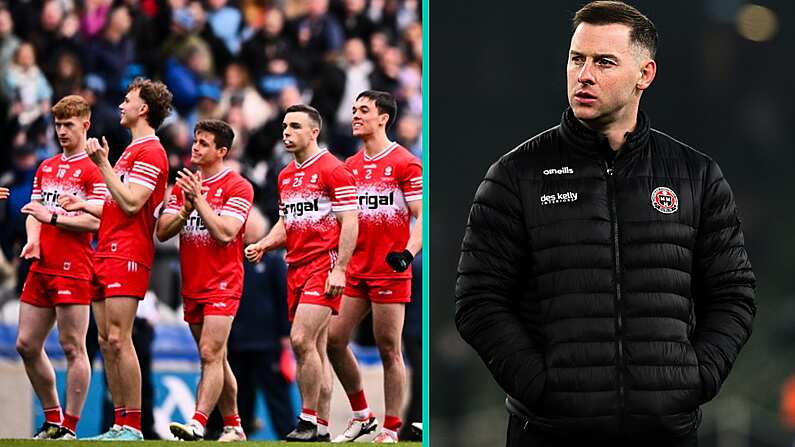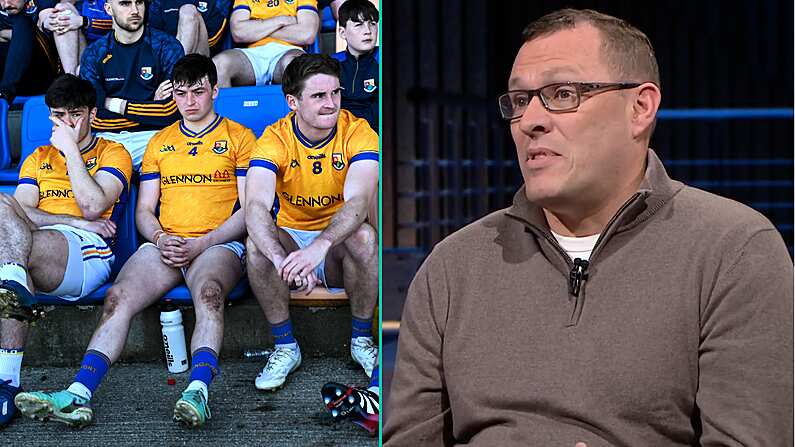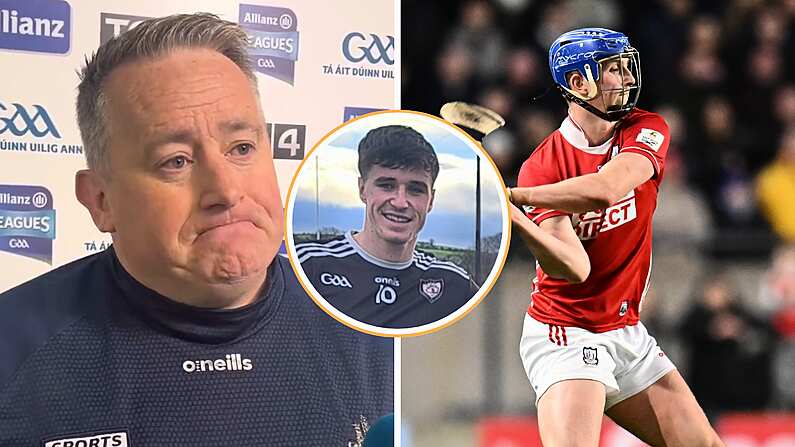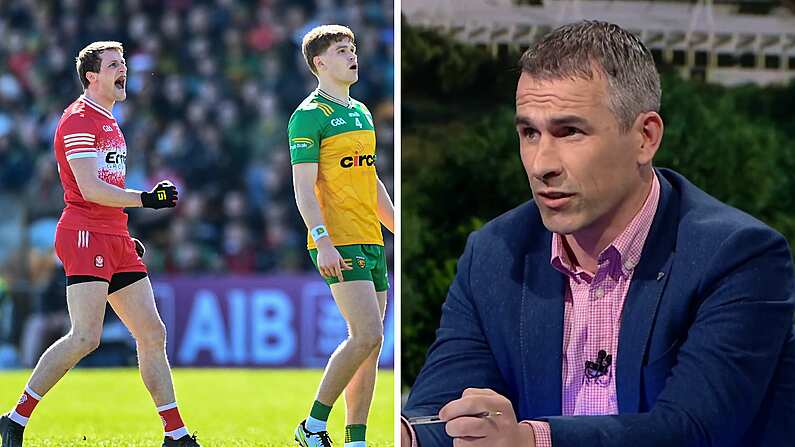In his Irish Independent column yesterday, David McWilliams wrote about the lessons of Team GB's sickening rise from Olympic chumps in Atlanta twenty years ago - where good old Steve Redgrave was responsible, along with Matthew Pinsent, for their only gold medal - to the dizzying heights of 2nd place in the medal table ahead of great big superpowers like China.
Humble John Major, once written off as being more suited to running Lambeth town council than a western democracy, has been re-evaluated as one of the finest post-war British prime ministers. It was his government's idea to fund Olympic sport through the use of National Lottery funds. People scoffed at the time, like they did at everything else John Major tried in the dying days of his reign. They're not scoffing now.
In addition to starving unsuccessful disciplines of funds and re-diverting money towards events where the UK had a decent chance of a medal, McWilliams said the Brits had hit upon one ingenious strategy - finding sports that few others play.
Who in the world is better at focusing on sports that no one else plays than Ireland?
During his 27-year heyday, Pat Hickey was a powerful man at both European and Irish level. But to his discredit, he never sought to use that power to get hurling and Gaelic football on the Olympic programme.
What makes this especially unforgivable is there was a precedent here.
While the fictional Leopold Bloom was traipsing around Dublin, getting into all kind of scrapes and exposing himself on public beaches, hurling was readying itself to take its rightful place in the Olympic Games. Olympic historian Bill Mallon has compiled the results in every event of the 1904 Olympics in St. Louis Missouri.
He confirms that hurling - which he describes as a "lacrosse type event" - was part of the Olympic programme that summer.
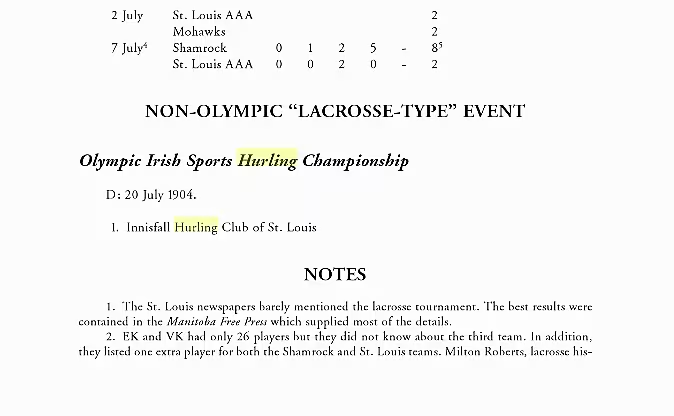
The 1904 Olympics were the first to be held outside of Europe. Naturally, Ireland didn't enter a team and not only because Ireland didn't exist as an independent nation. Logistical difficulties meant that most European nations didn't bother travelling to the US. 80% of all athletes who competed that year were American. Their stranglehold on the medals table was even more pronounced that year.
The Olympic 'tournament' consisted, it seems, of one game between the Fenians GAA club in Chicago and the Innisfalis GAA club from the host town of St. Louis. There is some dispute about the outcome but apparently the Chicago-based lads took home the gold medal.
Alas, the medals awarded for hurling were never classed as 'official' and thus would not have added to the US medals tally that year. Hurling was listed as a 'demonstration sport', essentially a sport that was included for the purposes of promoting the game. Since 1992, 'demonstration sports' have ceased to be part of the Olympics.
All this means is that when hurling does return as an Olympic event, it will return as an 'official' sport.
Think of all the medal opportunities here. There'd be competitions in hurling, camogie, gaelic football, ladies gaelic football, not to mention the men's and women's categories in the GAA form of handball.
That's six gold medals already. We're rocketing up that medals table. There's also the thorny question of the GAA specific form of rounders. This may take a bit of able politicking as there are other variations on the game of rounders, not to mention US baseball. Unfortunately, our most well-connected 'politicker' is not ideally placed to lobby for us at present.
Of course, if you gave the Australians four years to practice, there's a fair chance they might take us in the Gaelic football.


